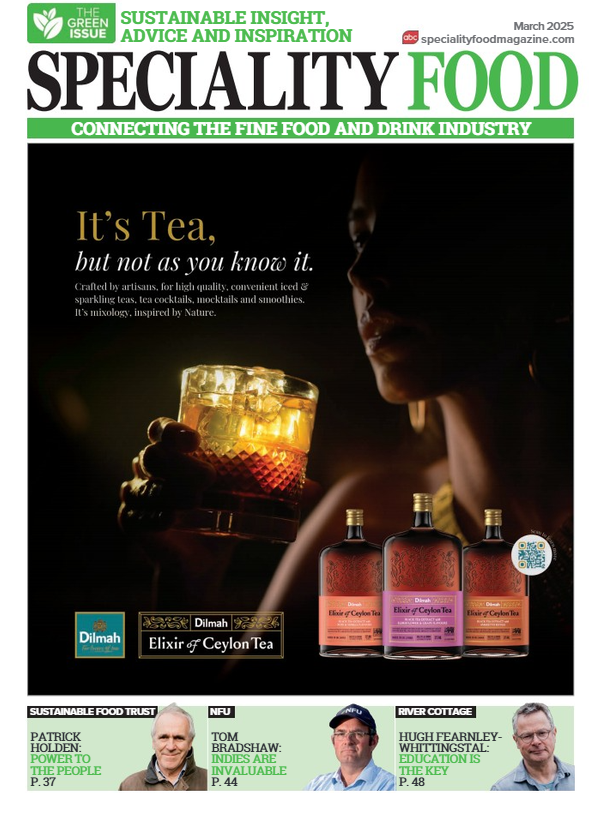Carbon Footprints

- Becoming a B Corp
- Top trend predictions for Christmas 2021
- Self-sacrifice: The importance of building a leadership legacy centred on others
- Undercover Boss
- Can/should bosses really be close friends with their staff?
Many large businesses across the UK now have clearly-defined targets on reducing their carbon footprints, and have just become one of the first B Corporations in the UK, this is something very much on our agenda
I’ll confess here that we passed the standard for B Corp without much of a score in the environmental department, but I have started to look at this area since. In effect, wholesalers are logistics companies with a sales and marketing department, not quite what I planned to start when I started selling a few products from the Cotswolds in London in the late nineties! However, we are what we are! So it was with some trepidation when I started doing some mathematical modelling a few weekends ago to calculate what is the “green” way for speciality food retailers to stock themselves.
I selected some random customers spread all over the UK, stocking products from an equally random group of suppliers also spread all over the UK. The results were as I had hoped for and even more so. Due to the much larger volumes of stock coming into the wholesaler and out again from the wholesaler to the retailer, it is considerably more environmentally friendly for a retailer to consolidate. Between 2 and 6 times more green depending on size of orders and geography. On average around 4.5 x more environmentally friendly. Even where a customer is, say 300 miles away from the wholesaler and many of the producers are also that far away and in the same direction, it is still more planet-friendly to consolidate by moving those goods to a hub further away than the further supplier. I did my calculations on a miles per case basis and used parameters from suppliers on average direct deliveries and our own averages on average number of cases delivered in from suppliers and average number of cases out of the door shipped to a customer.
There are, however, a couple of exceptions. 1) Where a retailer is ordering pallet or half-pallet quantities of stock from one brand – it is best for this to go from producer to retailer direct. This is what a wholesaler would normally organise anyway if the order came via them. 2) Once the orders from the wholesaler to the retailer become too small, the efficiency becomes minimal.
It was most encouraging to hear within two weeks after doing this research that two of our customers had been told to reduce their carbon footprint by reducing their number of deliveries into their stores. This was, of course, music to my ears, and shows we are on the right track. More consolidation means smaller carbon footprint for the speciality food sector. Not only that but it makes sense purely on the efficiency level too, but that’s for another day!
more from Speciality Bites
-
Generosity
05 July 2021 Speciality BitesGenerosity from leaders makes business better in all aspects, yet few businesses have discovered the benefits that accompany being generous of spirit. -
We are now retailers too!
21 June 2021 Speciality BitesSo, the week has arrived at last when I become a retailer as well as a wholesaler. What a journey it has been. -
We need leaders, not managers
07 June 2021 Speciality BitesI’ve mentioned before that not many people can give me the name of someone when asked at interview who has inspired them most from their previous work life. This is because most people have only experienced management not leadership.

